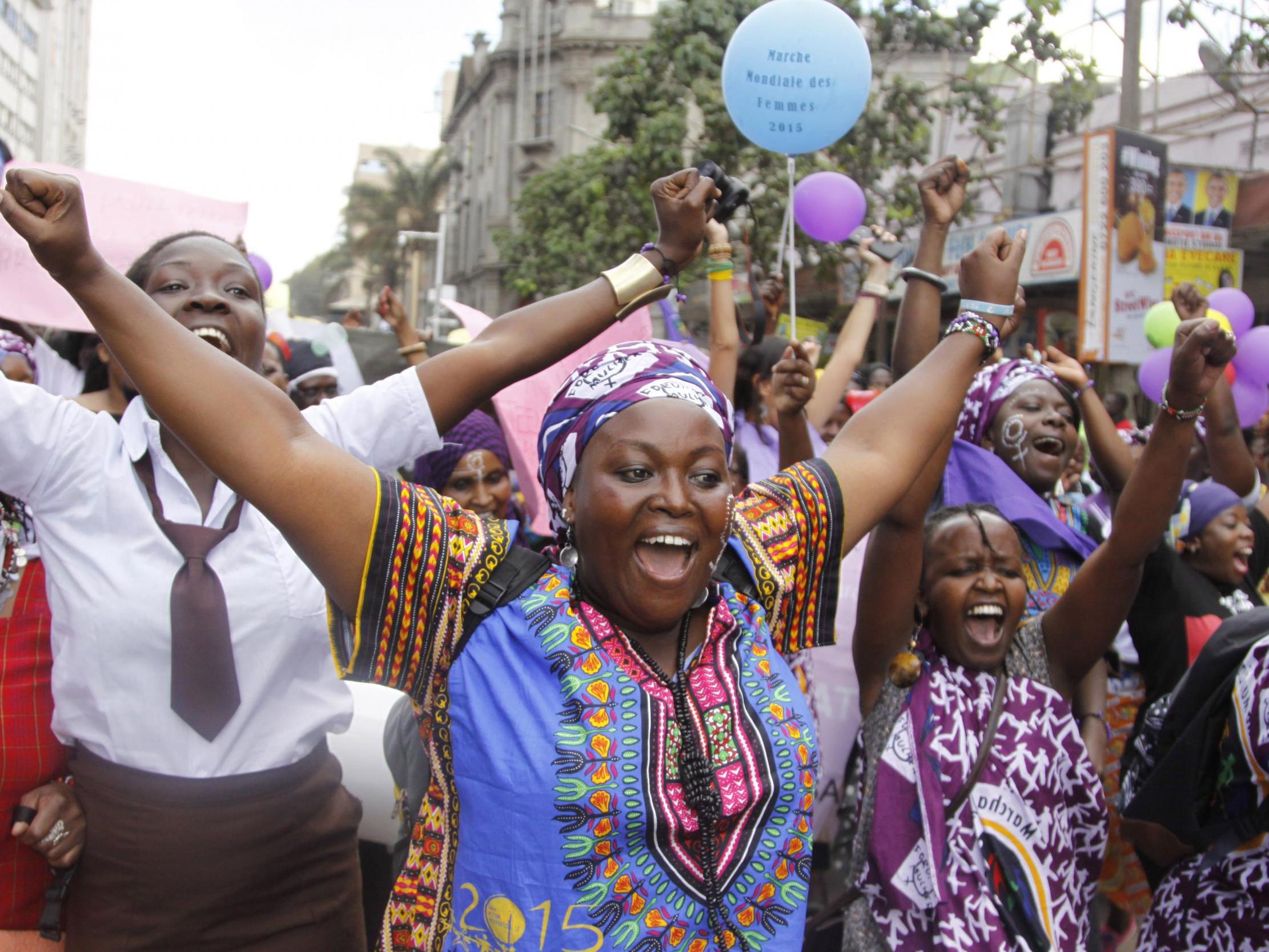Sudan to ban FGM and allow non-Muslims to drink alcohol in shift away from hardline Islamist rule
New leaders have vowed to lead country to democracy and end discrimination

Your support helps us to tell the story
From reproductive rights to climate change to Big Tech, The Independent is on the ground when the story is developing. Whether it's investigating the financials of Elon Musk's pro-Trump PAC or producing our latest documentary, 'The A Word', which shines a light on the American women fighting for reproductive rights, we know how important it is to parse out the facts from the messaging.
At such a critical moment in US history, we need reporters on the ground. Your donation allows us to keep sending journalists to speak to both sides of the story.
The Independent is trusted by Americans across the entire political spectrum. And unlike many other quality news outlets, we choose not to lock Americans out of our reporting and analysis with paywalls. We believe quality journalism should be available to everyone, paid for by those who can afford it.
Your support makes all the difference.Sudan will permit non-Muslims to drink alcohol and strengthen women’s rights, including banning female genital mutilation (FGM), its justice minister has said, in a reversal of almost four decades of hardline Islamist policies.
About 3 per cent of Sudan’s population is non-Muslim, according to the United Nations.
Alcoholic drinks have been banned since former president Jaafar Nimeiri introduced Islamic law in 1983, throwing bottles of whisky into the Nile.
The transition government that took over after autocrat Omar al-Bashir was toppled last year has vowed to lead Sudan to democracy, end discrimination and make peace with rebels.
Non-Muslims will no longer be criminalised for drinking alcohol in private, justice minister Nasredeen Abdulbari told state television.
For Muslims, the ban will remain. Offenders are typically flogged under Islamic law.
Sudan will also decriminalise apostasy - the abandonment of Islam – and ban FGM, which involves the partial or total removal of the external genitalia of girls and women, he said.
The World Health Organisation has condemned FGM as an “extreme form of discrimination”.
Women will also no longer need a permit from male members of their families to travel with their children.
Mr Nimeiri’s introduction of Islamic law was major catalyst for a 22-year-long war between Sudan’s Muslim north and the mainly Christian south that led in 2011 to South Sudan’s secession.
Mr Bashir extended Islamic law after he took power in 1989.
Sudanese Christians live mainly in Khartoum and in the Nuba mountains near the South Sudan border. Some Sudanese also follow traditional African beliefs.
The transition government led by Abdalla Hamdok runs the country in an uneasy coalition with the military, which helped remove Mr Bashir after months of mass protests.
Reuters
Join our commenting forum
Join thought-provoking conversations, follow other Independent readers and see their replies
Comments